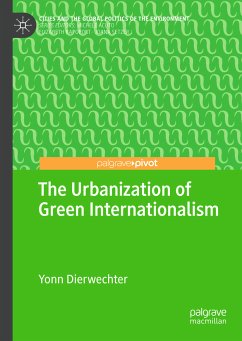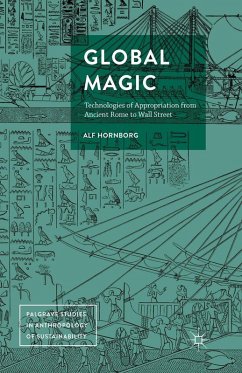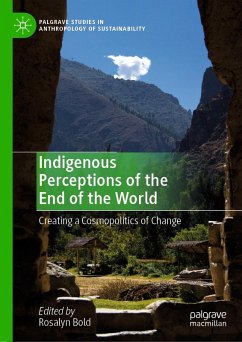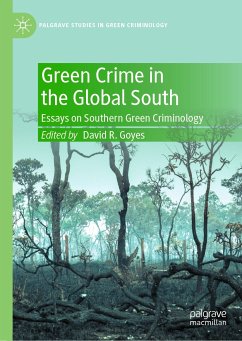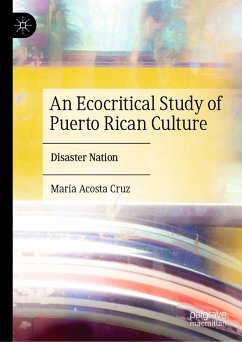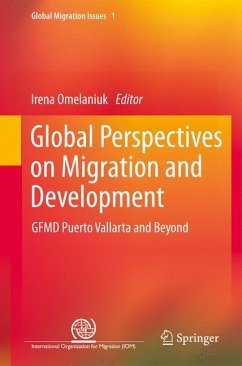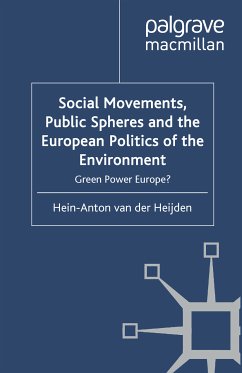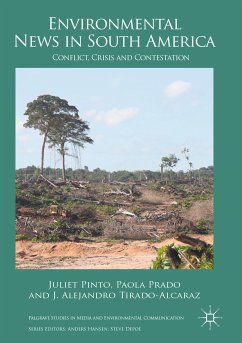
Environmental News in South America (eBook, PDF)
Conflict, Crisis and Contestation
Versandkostenfrei!
Sofort per Download lieferbar
48,95 €
inkl. MwSt.
Weitere Ausgaben:

PAYBACK Punkte
24 °P sammeln!
Combining perspectives from media studies and political ecology, this book analyses socially constructed news regarding three environmental conflicts in South America. In recent decades, South American political administrations have tied national economies to neo-extractive development strategies, creating not only vulnerabilities to global commodity boom and bust pricing cycles, but also to conflict regarding environmental and cultural degradation from extraction activities. Environmental contestations among indigenous peoples, environmental and social NGOs, state actors, and extraction indus...
Combining perspectives from media studies and political ecology, this book analyses socially constructed news regarding three environmental conflicts in South America. In recent decades, South American political administrations have tied national economies to neo-extractive development strategies, creating not only vulnerabilities to global commodity boom and bust pricing cycles, but also to conflict regarding environmental and cultural degradation from extraction activities. Environmental contestations among indigenous peoples, environmental and social NGOs, state actors, and extraction industries receive media attention, but how these disputes are covered has implications for understandings of media performance in democratizing nations. The authors examine three case studies of environmental contestation in a region that is simultaneously vulnerable to the effects of climate change, and yet has become once again dependent on commodity exportation to industrializing and industrializednations for economic benefit and social development strategies.
Dieser Download kann aus rechtlichen Gründen nur mit Rechnungsadresse in A, B, BG, CY, CZ, D, DK, EW, E, FIN, F, GR, HR, H, IRL, I, LT, L, LR, M, NL, PL, P, R, S, SLO, SK ausgeliefert werden.



